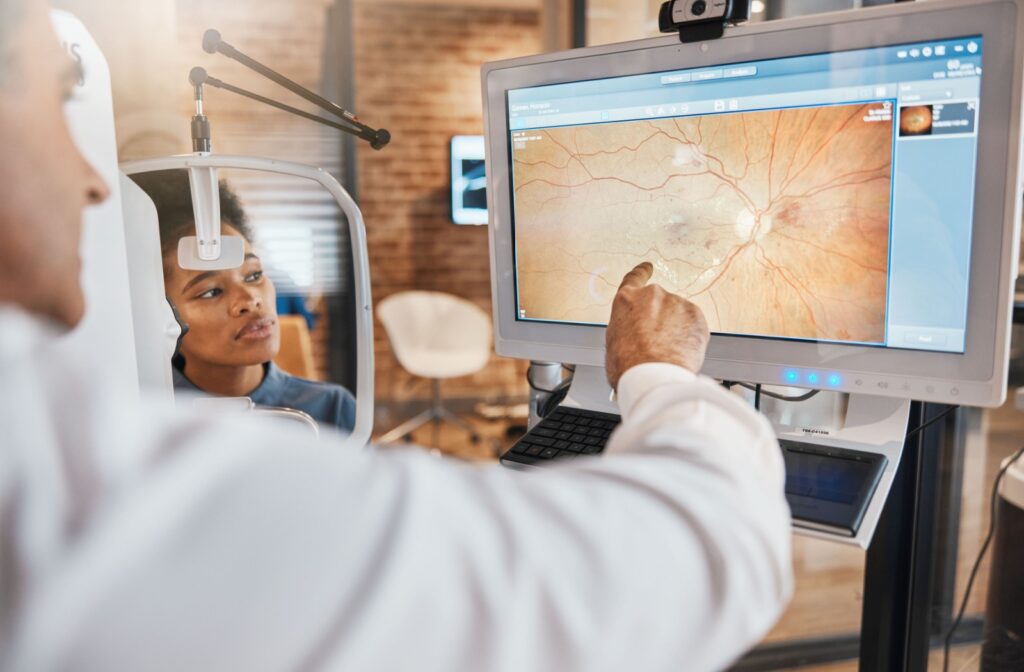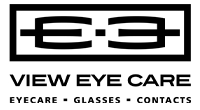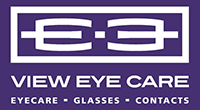When your vision feels off, it’s natural to think you just need a new prescription. But did you know an eye exam can also reveal early signs of serious health conditions—often before symptoms even appear?
Routine eye exams are a powerful diagnostic tool that can identify diseases ranging from diabetes and high blood pressure to cardiovascular diseases and brain tumours. When you skip an eye exam, you might be missing early warning signs of conditions that could impact your health and quality of life.
How Eye Exams Reveal Systemic Health Issues
Your eyes actually offer us a glimpse of your overall health. This is because your retina is the only place in your body where we can observe blood cells noninvasively. Routine eye exams can therefore detect systemic diseases that affect blood circulation, blood sugar levels, and even neurological function.
Optometrists use specialty equipment (ophthalmoscopes, retinal scans, slit lamps, etc.) to examine the back of your eye, including the retina, optic nerve, and blood vessels. The body is an interconnected system, so changes in these structures often mirror what’s happening elsewhere in your body.
Eye exam technology has advanced significantly in recent years, offering clearer, more detailed images of your eyes than ever before. Nowadays, we use imaging technology to capture detailed pictures and cross-sectional scans of your retina and optic nerve, which allows us to analyze subtle changes that might suggest developing health problems.
Diabetes Detection Through Eye Exams
Diabetic retinopathy is one of the most common diseases detected during routine eye exams. This condition occurs when high blood sugar levels damage the tiny blood vessels in your retina, causing them to leak or become blocked.
Diabetic retinopathy often develops before people realize that they have diabetes, making eye exams a crucial early warning system.
Signs of diabetic retinopathy that optometrists might notice include:
- Tiny blood vessel leaks in the retina
- Swelling in the retina or optic disc
- New, abnormal blood vessel growth
- Yellow deposits called hard exudates
This is also why annual diabetic eye exams are essential for people with type 1 or type 2 diabetes, as regular monitoring can prevent vision loss and help manage the condition more effectively.
Cardiovascular Disease & High Blood Pressure
The blood vessels in your retina mirror those in your heart and brain, so changes in retinal blood vessels often indicate similar changes throughout your circulatory system.
Hypertensive retinopathy occurs when high blood pressure damages retinal blood vessels. Optometrists might notice:
- Narrowed or thickened blood vessels
- Cotton wool spots indicating mini-strokes in the retina
- Flame-shaped haemorrhages
- Swelling of the optic disc
These findings can indicate that your blood pressure is dangerously high, potentially putting you at risk for heart attack or stroke. Sometimes, an eye exam is the first indication that someone has hypertension, especially since high blood pressure often has no obvious symptoms.
Autoimmune Diseases & Inflammatory Conditions
Many autoimmune diseases affect the eyes, making eye exams valuable for detecting these conditions. Uveitis, an inflammation inside the eye, can be associated with several autoimmune disorders including rheumatoid arthritis, inflammatory bowel disease, and multiple sclerosis.
Dry eye might seem like a minor inconvenience, but it can sometimes be an early sign of autoimmune conditions like Sjögren’s syndrome, which affects tear and saliva production. Dry eye therapy can provide relief while helping to identify underlying causes.
Other inflammatory conditions that eye exams can help detect include:
- Temporal arteritis, which can cause sudden vision loss
- Lupus, which may cause retinal changes
- Sarcoidosis, which can affect various parts of the eye

Neurological Disorders & Brain Health
Your optic nerve connects directly to your brain, making eye exams valuable for detecting neurological conditions. Changes in the optic nerve or your field of vision can indicate serious brain-related health issues.
Papilledema, a swelling of the optic disc, may signal increased pressure inside your skull. This might stem from brain tumours, blood clots, or other serious conditions that require immediate medical attention.
Eye exams can also detect early signs of:
- Multiple sclerosis: Optic nerve inflammation is often one of the first symptoms
- Brain tumours: Pressure on the optic nerve can cause specific vision changes
- Stroke: Certain visual field defects can indicate previous mini-strokes
Thyroid Disease Detection
Thyroid disorders can significantly affect your eyes. This includes Graves’ disease, an autoimmune condition that causes hyperthyroidism and may also result in:
- Bulging eyes (exophthalmos)
- Double vision
- Dry eyes
- Difficulty closing eyes completely
Cancer Detection Through Eye Exams
While less common, eye exams can sometimes detect various types of cancer. Melanoma can develop inside the eye, and regular eye exams are the primary way to detect this serious condition early.
Eye exams might also reveal signs of:
- Leukemia: Retinal haemorrhages can indicate blood cancers
- Ocular melanoma: This rare form of cancer can develop inside the eye, and regular exams are often the only way to detect it early.
- Breast cancer: Some breast cancers can spread to the eye area
High Cholesterol & Eye Health
Cholesterol deposits in the eye can indicate high cholesterol levels in your blood. Your optometrist might notice:
- Arcus senilis: A grey or white ring around the cornea
- Hollenhorst plaques: Cholesterol deposits in retinal blood vessels
- Xanthelasma: Yellow cholesterol deposits around the eyelids
These findings often prompt recommendations for blood work to check cholesterol levels and cardiovascular risk.
Safeguard Your Sight
We often rush to our optometrist when our glasses need an update or to replenish a contact lens supply, but it’s important to stay regular with these routine visits. Not just to support healthy vision, but to safeguard your overall health.
Don’t wait for symptoms to develop. Many of the diseases that we detect during eye exams can progress silently until they’re quite advanced, so skipping an eye exam can mean risking more than blurry vision.
Your eye health is a window into your overall well-being. Book your routine eye exam with View Eye Care today—and take a proactive step toward protecting your health, now and in the future.




